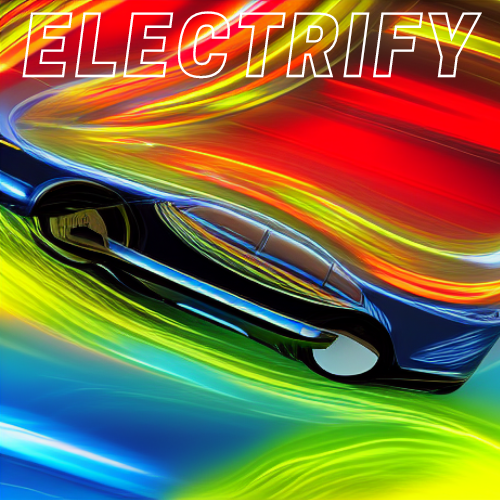How Electrifying Can Help Prevent The Worst Effects Of Climate Change, Save Money On Energy Costs, And Improve Our Daily Lives.
The way we power our lives is changing. For centuries, we've relied on oil, gas, coal, and other fossil fuels to heat our homes, run our businesses, and fuel our vehicles. But now we're at a turning point. We know that continuing to use fossil fuels is not only harming our planet—it's also harmful to our health. That's why an increasing number of people are looking for cleaner, healthier, and cheaper ways to power their lives. And one of the most promising technologies is electrification.
When we electrify everything—when we switch from using fossil fuels to using electricity—we can prevent the worst effects of climate change, save money on energy costs, reduce air and water pollution, improve our daily lives, and accelerate the transition to a clean energy future.
How Electrification Works
Electrification is the process of using electricity to power something that previously ran on a fossil fuel. For example, you can electrify your home by installing solar panels or wind turbines to generate electricity, or by connecting to the grid and using electricity from your utility provider. You can electrify your transportation by switching from gas-powered cars to electric vehicles (EVs). And you can electrify your business by switching from natural gas-powered equipment to electric equipment.
There are many benefits of electrification. First, it's cleaner and healthier than using fossil fuels. Second, it's often cheaper in the long run—even if it costs more up front. And third, it accelerates the transition to a clean energy future.
Let's take a closer look at each of these benefits:
Cleaning and Health
When you switch from using fossil fuels to electricity, you dramatically reduce your emissions of harmful pollutants like carbon dioxide (CO2), sulfur dioxide (SO2), nitrogen oxides (NOx), and particulate matter (PM). In fact, according to the Environmental Protection Agency (EPA), electric vehicles produce up to 90% less CO2 than gas-powered cars. They also produce zero emissions of SO2, NOx, and PM—which means they don't contribute to smog or air pollution. EVs are also much quieter than gas-powered cars—which means they're better for your health and for the health of your community.
Cost
In many cases, electrification is cheaper in the long run than continuing to use fossil fuels. For example, installing solar panels or wind turbines may cost more up front than connecting to the grid or buying gas for your car. But over time, you'll save money on energy costs because you'll generate your own electricity or buy electricity at a lower price than gas. In addition, electric vehicles have lower operating costs than gas-powered cars—which means you'll save money on maintenance and repairs over time.
Clean Energy Transition
Electrification is critical to accelerating the transition to a clean energy future because it allows us to replace dirty fossil fuels with clean renewable sources of electricity like solar and wind power. According to the EPA, EVs powered by renewable electricity have zero tailpipe emissions—which means they don't contribute to climate change or air pollution. And as more people switch from using fossil fuels to renewables, we'll drive down demand for oil and coal—which will speed up the transition away from dirty energy sources.
As we look for ways to combat climate change and protect our planet for future generations, electrification is an increasingly attractive option. It's cleaner and healthier than using fossils fuels; it often saves money in the long run; and it accelerates the transition away from dirty energy sources like coal and oil towards cleaner sources like solar and wind power. So if you're thinking about making a switch in your own life—whether it's powering your home with solar panels or trading in your gas-guzzler for an EV—now is a great time to do it!

